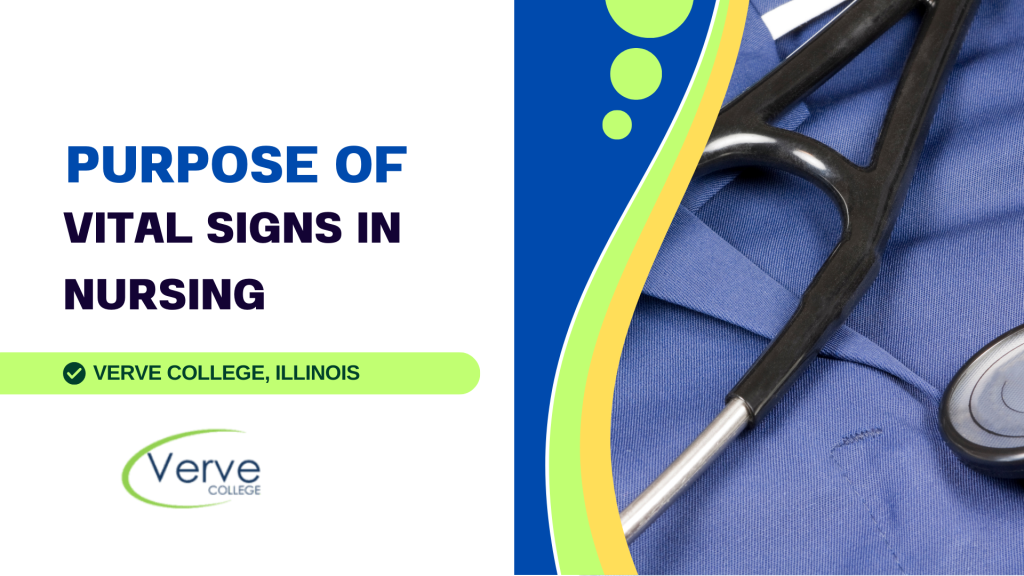- Oak Brook:(630) 705-9999
- Chicago:(312) 920-8822
- Email:inquiry@vervecollege.edu
- Make a Payment
- Home
- Programs
- Admission
- Resources
- ATI Entrance Exam Resources
- New E-Digital Library
- Refer a Friend
- School Newsletter
- Events
- Employers
- Job-Network
- Alpha Beta Kappa Candidates
- Verve College Library
- Graduation and Pinning Ceremony Photo Galleries
- Textbook Information
- Career Services
- Tutoring
- School Catalog
- FAQ
- Constitution Day Program
- Alumni
- Verve College Plans
- Financial Aid
- HEERF Reporting
- Satisfactory Academic Progress
- Apply For Financial Aid
- Net Price Calculator
- Return of Title IV Funds (R2T4)
- Financial Aid Office Code of Conduct
- Contact
- FAQs
- Verification Policy
- Vaccination Policy
- Student Right-to-Know Act
- Misrepresentation
- Information Security Program
- Academic Award Year
- Availability of Employee
- Cost of Attendance
- Health & Safety Exemption Requirement
- Students Rights and Responsibilities
- Leave of Absence
- Pell Formula
- Military Students
- Grants/ Scholarship Policy
- Contact Us
- Testimonials
- Blog
Is a Nursing Career Right For You?
Take The Free Quiz
The Purpose of Vital Signs in Nursing: Why They Matter for Patient Care
The Purpose of Vital Signs in Nursing: Why They Matter for Patient Care
In nursing, delivering excellent patient care is very important. Vital indicators are crucial to determine the health of a patient. Vital signs accurate measurement of blood pressure includes heart rate respiration rates, normal temperature of the human body, and the level of oxygen saturation. These indicators provide healthcare professionals with immediate insight into the patient’s overall health condition and may detect early signs of damage or improvement. For example, a high pulse rate can be a sign of stress or an underlying health problem, and irregular blood pressure readings could indicate possible cardiovascular issues. Monitoring these indicators regularly helps health care providers make informed decisions regarding medical treatments.
Additionally, monitoring variations in the vital signs can help in assessing the effectiveness of plans for critical care. They are vital tools that guide nursing practices to ensure patients get the right and timely treatment they require to have improved health outcomes. Understanding and interpreting these indicators is essential to provide secure and efficient nursing healthcare.
The Primary Purpose of Vital Signs in Nursing
Monitoring vital signs plays an important part in nursing care, focused on evaluating the overall health of a patient. Enrolling in human anatomy and physiology classes can give you proper exposure to vital signs. By keeping a watch on these vital signs nurses can assess how well a person’s human body is working and identify possible health concerns early.
Primarily Indicators for Health
Each vital sign provides an important insight into the body’s vital functions:
- Heart Rate: is a measure of cardiac activity. It can indicate stress or other health conditions.
- Blood Pressure: reflects the blood pressure against the artery walls, which is essential to determine the health of your cardiovascular system.
- Respiratory Rate: It indicates how well a person is breathing, essential to managing respiratory issues.
- Body Temperature: It provides clues to metabolic processes, and could be a sign of illness or infection.
- Oxygen Saturation: is a measure of the amount of oxygen present in blood, which is vital for assessing the efficiency of breathing.
Read More:- When Is Nurses Day? When Is Nurses Week? Discover Fun Ways to Celebrate
Live-Time Data
One of the most significant benefits of keeping track of important signs is the availability of data in real-time. Nurses can quickly evaluate any changes to a patient’s medical condition and allow nurses to:
- Identify medical emergency situations early
- Make adjustments to treatment plans immediately
- Assure the patient’s comfort and security
In short, keeping track of vital signs is crucial in nursing care. It is not just a way to assess the health of a patient, but also allows nurses to provide prompt and appropriate treatments that ultimately improve outcomes for patients.
The Goal of Early Detection and Prevention in Nursing
Prevention and early detection of health-related issues are vital elements of effective nursing care. By continuously monitoring vital indicators, nurses can spot signs that could indicate the possibility of health problems before they develop into more serious issues. This proactive approach is crucial:
- Stopping problems before they Begin: Monitoring vital indicators like the heart rate, blood pressure and temperature helps nurses detect irregularities in the early stages. For instance, if you notice that a patient’s heart rate is suddenly elevated it could indicate an issue that needs immediate medical attention. A prompt intervention can stop an issue that is minor from developing into a serious health issue.
- Management of Chronic Conditions: Regular monitoring of vital indicators is crucial to managing chronic diseases like hypertension, diabetes, and asthma. Nurses can assess how patients respond to their treatment regimens and adjust when needed. For example, consistent blood pressure checks can help determine if medication dosages need changing.
- Enhanced Patient Safety: Rapid identification of signs that are abnormal can increase the overall safety of patients. Nurses who are trained to recognize the signs of a change can react quickly and reduce the chance of developing complications. This protects the patient’s health, but also decreases hospitalizations that can be physically and financially draining.
A Case Study
Take a look at a scenario in which a nurse regularly monitored patients recovering from surgery. The nurse noticed an immediate increase in the patient’s heartbeat. Responding swiftly she informed the doctor who found an infection before it caused a severe problem. Through vigilance and quick intervention, the patient was treated promptly and was able to make a full recovery.
Conclusion
In short, the primary reason for keeping track of important indicators for nurses is to provide vital details about a patient’s health state. These indicators act as a reference to medical professionals, allowing them to spot any signs or changes that need immediate care. By keeping a close eye on crucial signs, nurses can quickly implement measures that improve the safety of patients as well as contribute to better outcomes for patients. This proactive approach does not just aid in the identification of any potential problems, but will also ensure all patients get the appropriate treatment that is tailored to their specific requirements.
Want to Make a Career in Nursing? Get More Information About Our Courses!
Monitoring and interpretation of vital indicators are essential for providing the highest quality of care for patients. Nurses play an essential part in this process because their evaluations can be the difference between a straightforward intervention and a more critical one. Through understanding the importance of these measures, healthcare providers can not only protect the health of patients but also create a positive environment that supports recovery and wellbeing. So, the careful observation of vital signs is an essential aspect of nursing which reinforces the importance of providing high-quality care in each clinical setting.
 Sign up
Sign up Login
Login




